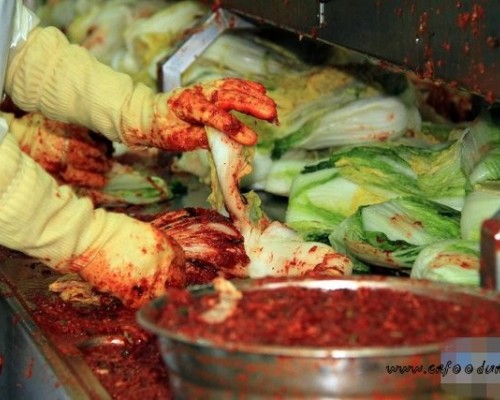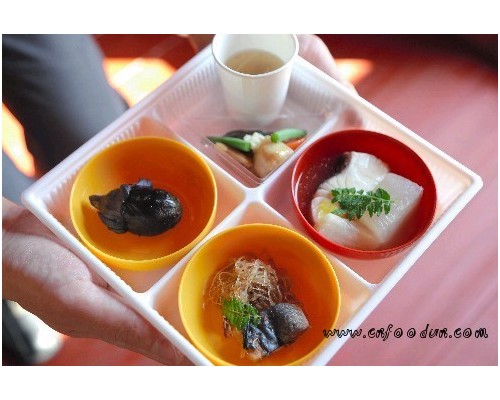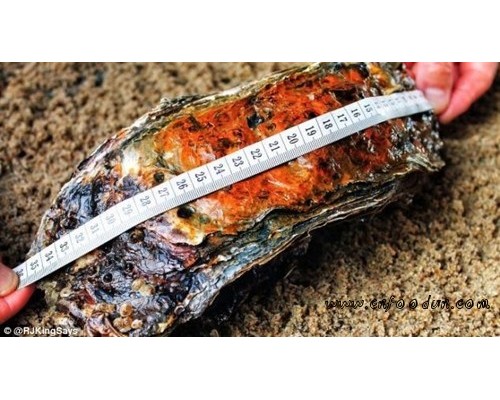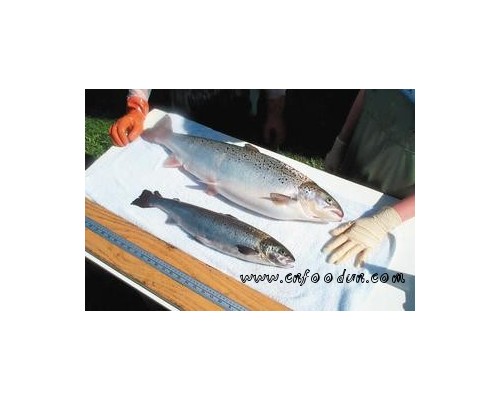食品伙伴网报道,据美国食品安全新闻网8月10日消息称,由中国卫生部资助的科研小组于本周在同行评审期刊《Talanta》杂志上宣布:他们已发明了一种用以检测牛乳制品中三聚氰胺的快速简单变色的测试方法。

在2008年爆发估计有30万患儿及6例死亡病例的三聚氰胺奶粉丑闻后,该科研组开始研发测试方法。
在文章中,研究者称:他们开发出一种比色检测方法,利用黄金纳米粒子检测产品是否被三聚氰胺污染。当被检测的产品中存在三聚氰胺时,则纳米粒子会互相接近并且聚集,而它们的颜色也从酒红色变为紫色或蓝色。这种方法对液体牛奶的检出限为1.0ppm。对婴儿幼儿配方奶粉的检出限为4.2ppm。在使用紫外-可见分光光度法后,灵敏度提高,液体奶的检出限为0.15ppm,婴儿幼儿配方奶粉的检出限为2.5ppm。这种测试可在30分钟内完成,并且不需要预处理。所以研究者们称这种方法适合对掺有三聚氰胺的乳制品进行现场检验。
这种新的测试方法与现有的方法相比,具有更加快速且成本更低的优点,并且不需要先进的一起或者固相检查,但是其相对于其他测试方法来说,灵敏度相对要低一些。
虽然其灵敏度较低,但是研究者称,这种检测方法的灵敏度已足够监管部门对乳制品中三聚氰胺水平的检测了。
据悉,在欧洲和美国,三聚氰胺的安全限制目前是2.5mg kg-1,而在中国,婴儿配方食品为1mg kg-1,其他乳制品是2.5mg kg-1。
原文报道:
New Test Detects Melamine in Milk Products
by Michelle Greenhalgh | Aug 10, 2010
This week Chinese scientists funded by the Chinese Ministry of Health announced in the peer-reviewed Talanta journal that they have developed a quick and simple color change test to detect melamine in milk products.
Scientists began working on developing a test after the contaminated milk scandal in 2008, when milk powder tainted with melamine sickened an estimated 300,000 people and killed six children.
In the article, scientists explained that they developed a colorimetric testing method that uses gold nanoparticles to determine whether or not the product is tainted. The test is designed so that when the nanoparticles approach each other and aggregate, their color changes from wine red to purple or blue. When melamine is present in the tested product, the aggregate approach process commences.
The new test can be used to test for melamine in infant formula and liquid milk with a detection limit of 1.0 ppm for liquid milk and 4.2 ppm for formula. The use of UV-vis-spectroscopy improves the sensitivity to 0.15 ppm in liauid milk and 2.5 ppm in infant formula.
The test can be completed within 30 minutes and does not require pretreatment. Study authors said, "The proposed method is promising for on-site screening of melamine adulterant in milk products."
The new testing method is praised by the scientists as faster, less costly than existing methods, and does not require advanced instruments or solid phase examination, but it is less sensitive than other tests.
Despite sensitivity issues, scientists claim that the test is sufficiently sensitive to detect melamine in milk-based products at levels desired by regulatory bodies.
In Europe and the US, melamine safety limits are 2.5mg kg-1 while the limit in China is 1mg kg-1 for infant formula and 2.5mg kg-1 for other dairy products.
原文地址:http://www.foodsafetynews.com/2010/08/new-test-detects-melamine-in-milk-products/







